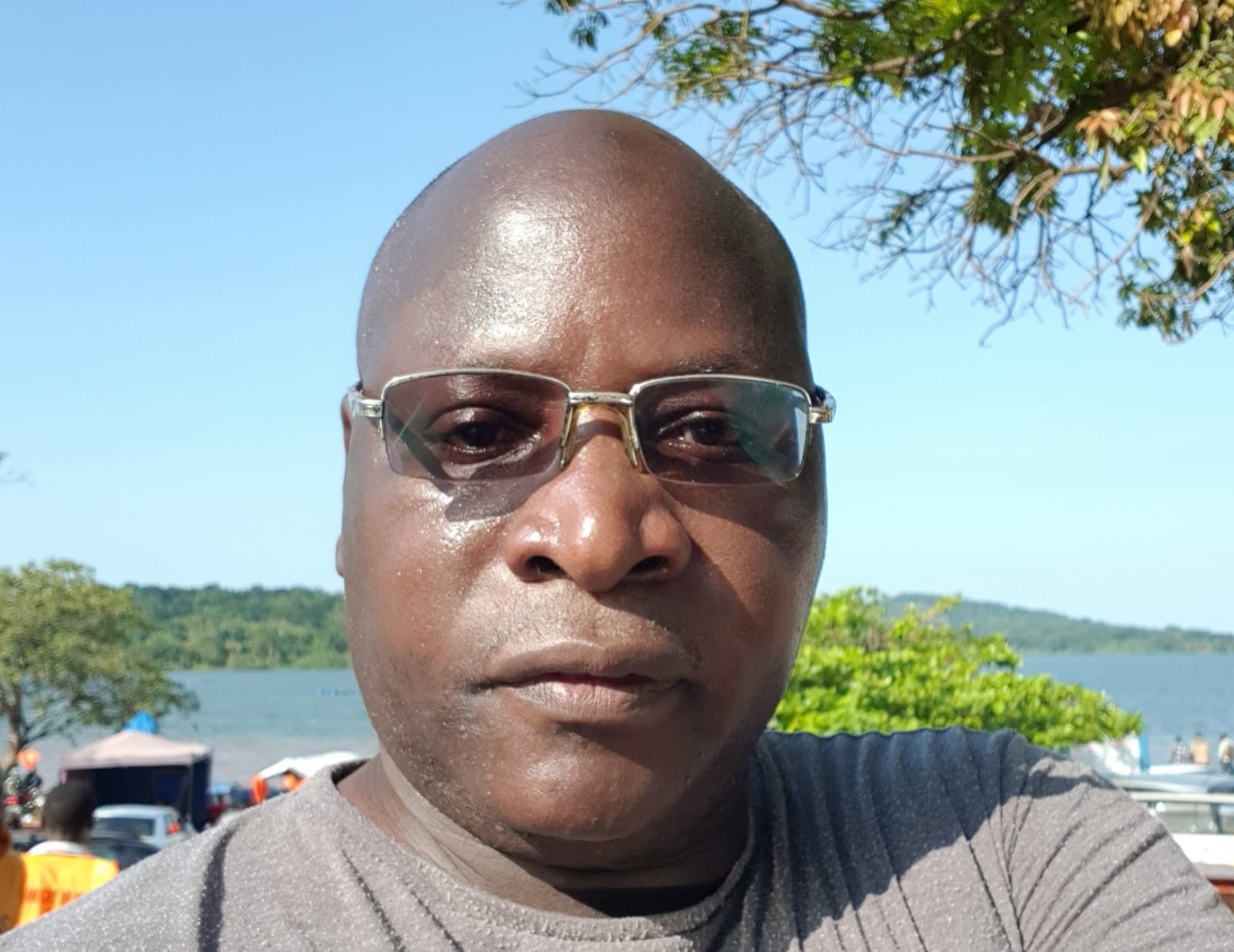It is down to President Museveni to break the terrorism vicious circle
By Stephen Lwetutte
LONDON-UNITED KINGDOM/NEWSDAY:
For once following President Museveni’s ascent to power in 1986, wars and terror acts seemed to have completely stopped. Even the remaining armed conflict with Joseph Kony involved President Museveni and, as they say, there is always more than one side to a story. The world was justifiably abhorred by the atrocities ascribed rightly or wrongly to Kony, but senior Officials in Museveni’s government have since conceded to orchestrate some of the atrocities hitherto attributed to the other belligerent in the many wars Mr Museveni has fought and continues to fight.
Within days of the military overthrow of President Milton Obote’s first government by General Amin on 25 January, Mr Museveni, by his own admission, had started to fight against the new military government without offering it the benefit of doubt as to its intentions. It must be noted that deposed President Milton Obote had descended into dictatorial tendencies and the country was on the brink of serious political unrest, which Amin’s coup d’état served pre-empt. In that context, Idi Amin’s takeover was welcomed and accepted as a legitimate, albeit unconstitutional move, by almost everyone, except Mr Museveni and group who had been working for President Obote.
Mr Museveni started his armed guerrilla activities, and the line between these and terrorist activities is blurred, against Idi Amin well before there was any justification for doing so. Mr Museveni went ahead to do the same in 1981 under the guise that he was fighting against the second government of President Milton Obote, in whose favour the December 1980 general elections had been rigged.
Mr Museveni had himself stood in those elections in his home area, but had been thoroughly but fairly trounced, so he really had no genuine and arguable grievances in these elections. The real Victor in those elections, Dr Paul Kawanga Ssemogerere from the Democratic Party (DP) chose to fight the new Obote regime through peaceful means, and took up the official opposition role in Parliament.
At least two senior Officials in President in the ranks of then Museveni’s rebel group, General Severino Kahinda Otafiire and the late General Pecos Kuteesa, have since publicly acknowledged that some of the atrocities during the course of their insurgencies were in fact committed by themselves to implicate the regimes, turn the reluctant civilian population against them, and galvanise it into active participation in combat activities. Why should the prolonged war against Joseph Kony in Northern Uganda be an exception to the rule?
Thus, the facts clearly demonstrate that Mr Museveni has been the common factor in all post independence turmoil in Uganda, some of which understandably appeared to ease after Mr Museveni became President in 1986. There are no prizes on offer why that would have been the case but, 36 years later, the feeling fear and terror now again so much fill the air, they are almost palpable after Museveni’s grip on power has become increasingly weak and his unlawful long tenure increasingly untenable.
In my view, there no circumstances where violence or terror could be justified, the latest terrorist acts in Uganda inclusive, notwithstanding the great temptation to act in kind. In recent months, thousands innocent young members and supporters of the opposition parties have either been extrajudicially executed, abducted, disappeared, tortured and incarcerated on political grounds. The impunity of the regime has meant that the perpetrators have walked off scot-free.
The nation and the world have to no avail raised their concerns about these matters, yet there appear to be no tangible or visible improvement. The list of festering grievances against the overstayed regime is virtually endless. The longer the regime stays in power, the longer the list grows the more restless the people are and the more repressive the regime becomes.
Something must surely give to end this vicious circle, and the first thing the government should do is to replace violence from the equation with justice. It is a well known fact that President Museveni is an avowed scholar of Franz Fanon’s theory of violence right from his student days, but violence begets violence, and cannot be justified in a civilised society. His signature phrase “We shall crash them”, must also give to something more statesman-like, more magnanimous.
The prospect that that we might now have suicide bombers amongst us is absolutely chilling and, while it is possible to attempt to fight against by means of for e, no single government the world over, even the mightiest and wealthiest, has succeeded in completely protect its population against someone angry enough to take their own lives. The constant thought of a suicide bomber popping up anywhere at any time alone is debilitating enough for society.
Mine is not a brain wave – l think it is common sense to be able to restore sanity, trust and confidence, the dividends of which we shall all share in a just, peaceful and prosperous Pearl of Africa and be able to redeem the lost 36 years of violence, turmoil and underdevelopment. This historical mission fairly and squarely falls upon incumbent President Museveni, which is just as well since he has been involved in all this violence throughout his political career.
The writer is a Multilingual Human Rights Practitioner, formerly at the International Secretariat of Amnesty International in London for over 20 years and now Legal and Human Rights Consultant.



